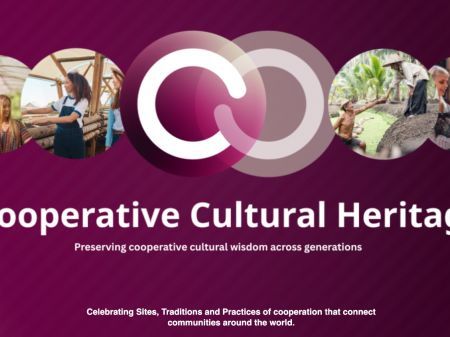
By Badejo Adeyemi, Ogun State Youths Cooperative
In the Nigeria today, youth face the rising price of college tuition and a job market particularly inhospitable to young people. As of early 2014, 15 percent of young people ages 16 to 24 (not including those in school or otherwise not looking work) are unemployed as compared with 7.3 percent of all workers. Early unemployment and underemployment has long-term consequences. Individuals who are unemployed as young adults tend to earn lower wages for many years due to missed work experiences and skill development. Nigeria youth unemployment trends reflect what some have called a global “youth unemployment crisis.” Moreover, unreflected in these numbers is the growing number of young people working in unpaid internships.
Simultaneously, interest in entrepreneurship – particularly social entrepreneurship – appears to be growing among young people. Some organizations are emerging that seek to promote youth entrepreneurship as a way to combat poverty. Social entrepreneurs are emerging, but few organizations have explored youth cooperative development as a possible approach. However, youth cooperative development presents many compelling opportunities for combating poverty and “brain drain,” generative leadership development, and engaged citizenship.
Young people can generally start working in non-agricultural, non-hazardous jobs when they are 14 and many young people – especially low-income youth looking for a way to earn extra money for themselves or their families – do. Youth can, and often are encouraged, to start enterprises because the benefits of doing so are well documented and extensive. 1. By helping youth create worker co-operatives, the benefits of entrepreneurship will be multiplied through more individuals taking leadership roles in the creation of a business. 2. Combatting poverty and brain drain. Brain drain occurs when youth leave their communities due to lack of opportunities. As the youth leave, a leadership void is created in the community which outsiders view as an opportunity to capitalize on. This brain drain harms the community in a multitude of ways, with two in particular: (1) profits from development do not enrich the community and (2) leaders in the community do not always have the community’s best interest in mind. When youth are able to grow within their own communities into leaders, they are able to preserve the culture and stabilize the local economy.
Generative Leadership Development. Modernly, leadership development all too often part of the non-cooperative, command and control variety which is inherently hierarchical. Governmental; research and business results; suggest that more cooperative structures are necessary in our society due to the myriad of benefits they create. And Richard Wolff’s “Democracy at Work”, shows that happiness and productivity markedly increase when people are given autonomy over themselves and their jobs. For our society to progress for the better, a new kind of leadership development is required. We must begin molding leaders interested in generating wealth rather than extracting it; leaders interested in building up the world rather than breaking it down.
Engaged Citizenship – Democracy in Crisis. The cooperative organizational structure teaches self-governance skills and creates stakeholders in local communities. Currently, the youth are taught democratic principles but are not allowed to engage until they “come of age”. This model is contradictory because it shows the youth that our democracy is willing to impose laws on them without considering their input in the least. By offering the youth an outlet to practice democratic principles, we ensure that they will “hit the ground running” and be a fully engaged electorate when they do “come of age”.
There are a variety of issues that arise when advancing youth economic development ideals. Legal issues may arise because these individuals are minors (under 18 years old). Other issues arise due to more general characteristics of youth. This primer is written primarily for non-minors working in youth development seeking to support youth entrepreneurs.




